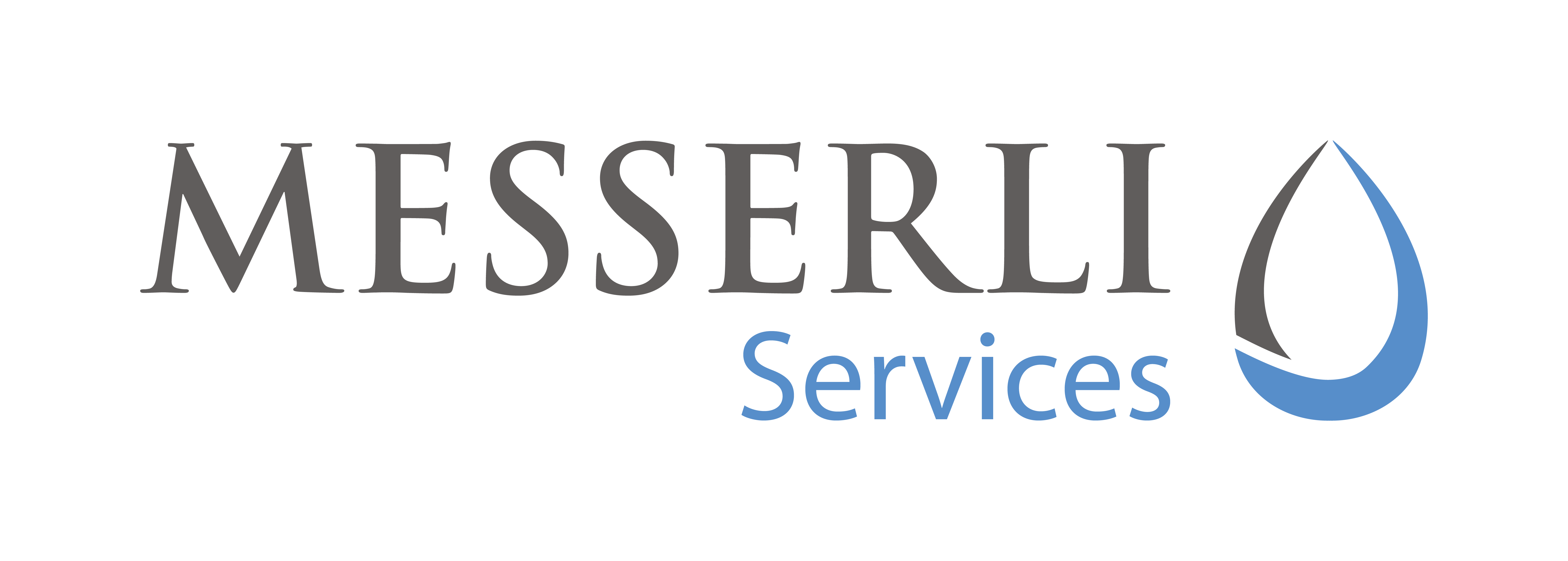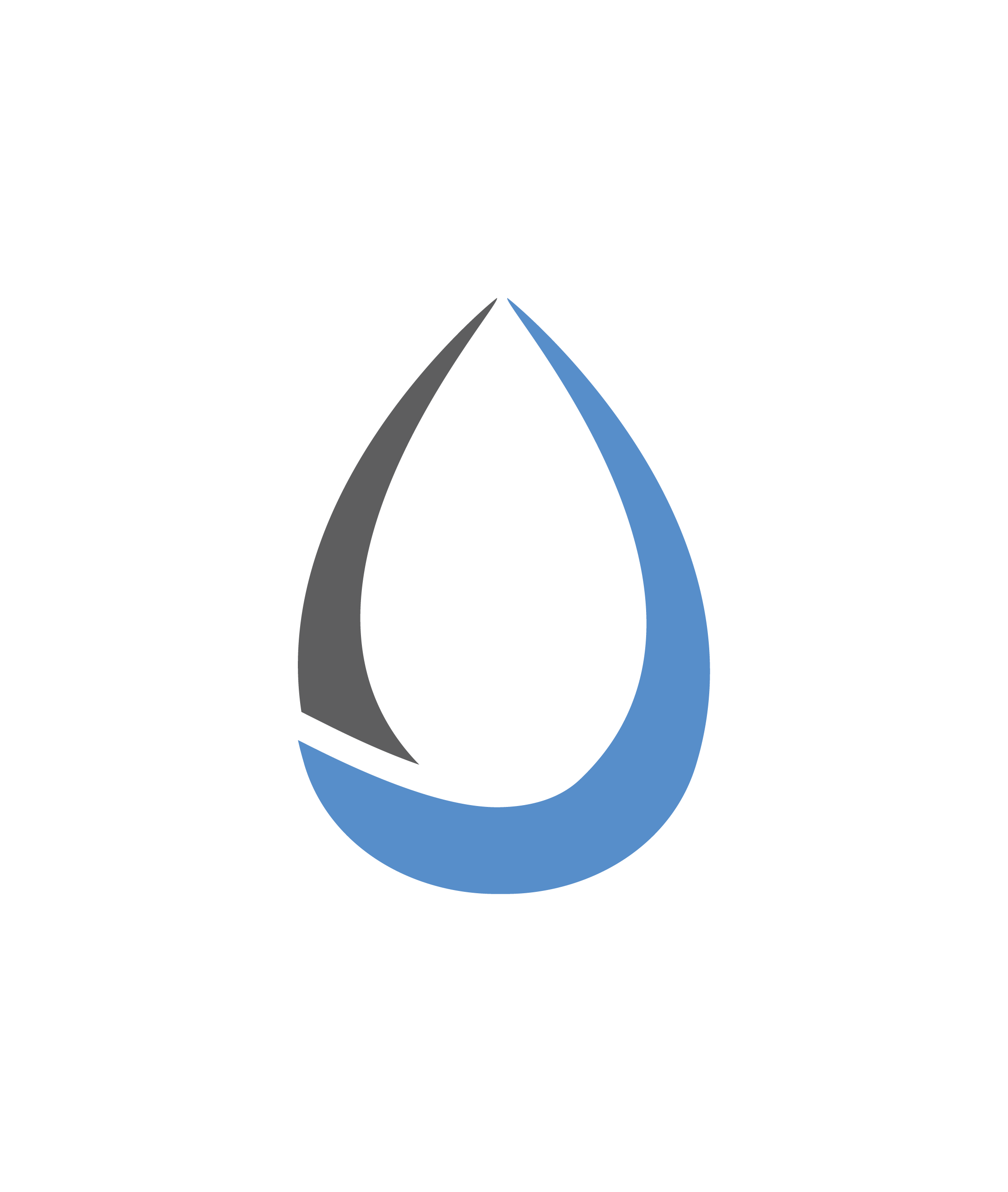

Messerli Services SA

Canton of Geneva, Switzerland
September 2023
Facilities & cleaning services
Service with Minor Environmental Footprint
Switzerland
Créée en 1957, Messerli est une des plus anciennes sociétés de nettoyage et de facilities services de Suisse romande. En 2019, sous une nouvelle direction, Messerli a adopté une stratégie basée sur une vision novatrice de son rôle dans le secteur du nettoyage au 21ème siècle. Une vision où l'humain, l'environnement et un service conforme sont au cœur de notre offre. Messerli se veut créatrice de valeurs durables pour ses clients, ses collaborateurs, ses partenaires et son environnement. Nous sommes une entreprise avec une culture qui allie des normes élevées, un esprit volontaire et un travail fait dans la conformité et la transparence. Nous voulons être à la pointe de notre secteur grâce à la collaboration et à l’innovation. Messerli dessert les cantons de Genève, Vaud et le Valais.
Overall B Impact Score
Governance 22.0
Governance evaluates a company's overall mission, engagement around its social/environmental impact, ethics, and transparency. This section also evaluates the ability of a company to protect their mission and formally consider stakeholders in decision making through their corporate structure (e.g. benefit corporation) or corporate governing documents.
What is this? A company with an Impact Business Model is intentionally designed to create a specific positive outcome for one of its stakeholders - such as workers, community, environment, or customers.
Workers 50.8
Workers evaluates a company’s contributions to its employees’ financial security, health & safety, wellness, career development, and engagement & satisfaction. In addition, this section recognizes business models designed to benefit workers, such as companies that are at least 40% owned by non-executive employees and those that have workforce development programs to support individuals with barriers to employment.
What is this? A company with an Impact Business Model is intentionally designed to create a specific positive outcome for one of its stakeholders - such as workers, community, environment, or customers.
Community 17.1
Community evaluates a company’s engagement with and impact on the communities in which it operates, hires from, and sources from. Topics include diversity, equity & inclusion, economic impact, civic engagement, charitable giving, and supply chain management. In addition, this section recognizes business models that are designed to address specific community-oriented problems, such as poverty alleviation through fair trade sourcing or distribution via microenterprises, producer cooperative models, locally focused economic development, and formal charitable giving commitments.
Environment 9.3
Environment evaluates a company’s overall environmental management practices as well as its impact on the air, climate, water, land, and biodiversity. This includes the direct impact of a company’s operations and, when applicable its supply chain and distribution channels. This section also recognizes companies with environmentally innovative production processes and those that sell products or services that have a positive environmental impact. Some examples might include products and services that create renewable energy, reduce consumption or waste, conserve land or wildlife, provide less toxic alternatives to the market, or educate people about environmental problems.
Customers 3.3
Customers evaluates a company’s stewardship of its customers through the quality of its products and services, ethical marketing, data privacy and security, and feedback channels. In addition, this section recognizes products or services that are designed to address a particular social problem for or through its customers, such as health or educational products, arts & media products, serving underserved customers/clients, and services that improve the social impact of other businesses or organizations.